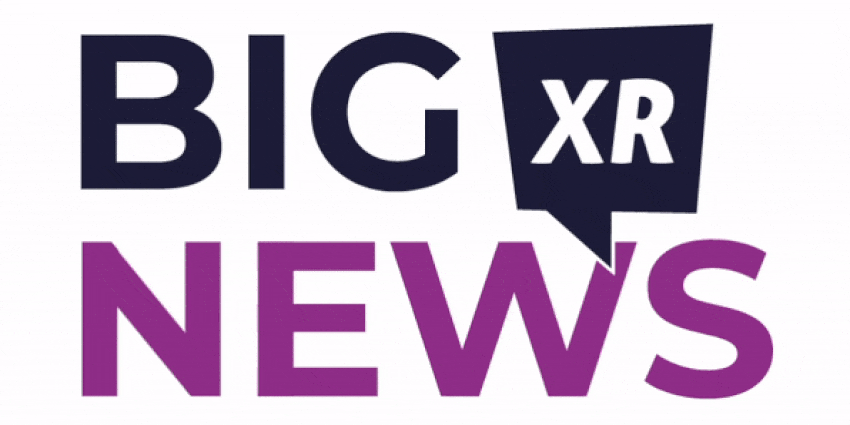[ad_1]

The British Museum, well-known for its vast assortment of global artwork and historical objects, has joined forces with The Sandbox, a reputable player in the crypto and metaverse scene.
This announcement marks a new journey for the British Museum, marking its transition into digital experiences, an evolution increasingly being adopted by traditional cultural institutions.
The British Museum, founded in 1753, has pledged to become a “museum of the world, for the world.” As the world becomes more digital, this mission becomes even more critical. By exploring digital platforms, the museum strives to apply this longstanding principle to modern, technology-focused circumstances.
Immerse yourself in a world of history, art, and culture of the @britishmuseum 🇬🇧 as digital collectibles and metaverse experiences…inside The Sandbox!
In collaboration with @LaCollectionOffhttps://t.co/ksihwcbUFf
— The Sandbox (@TheSandboxGame) July 27, 2023
The partnership with The Sandbox, facilitated by the museum’s licensing partner, LaCollection, aims to produce digital collectibles modeled after the museum’s diverse and significant collection.
This assortment of collectibles would span a vast array of human history, art, and culture, offering a new medium for audiences to engage with the museum’s holdings.
Sebastien Borget, the COO and co-founder of The Sandbox, has publicized his perspective on the collaboration. He emphasized the potential for the partnership to introduce the British Museum’s impressive collections to a broader digital audience.
However, like any innovative endeavor, how this objective will materialize and resonate with digital users worldwide remains to be seen.
The British Museum’s partnership with The Sandbox points to a new, digitized direction for public engagement with historical and cultural content. It suggests the potential for individuals worldwide to access and engage with aspects of global history and culture from the comfort of their own homes.
If this digital transition is successful, it could attract a wide range of audiences, such as art lovers, collectors, scholars, or anyone interested in global culture.
However, it is still being determined how effective and appealing this digitized method of cultural engagement will be and how it will be perceived over time.
This undertaking is experimental, and its long-term outcomes, efficacy, and reception by the global community are still unknown and require further analysis.
As the British Museum navigates this new digital frontier, it serves as a reference for other institutions facing the challenge of adapting to an increasingly digital global landscape.
[ad_2]




